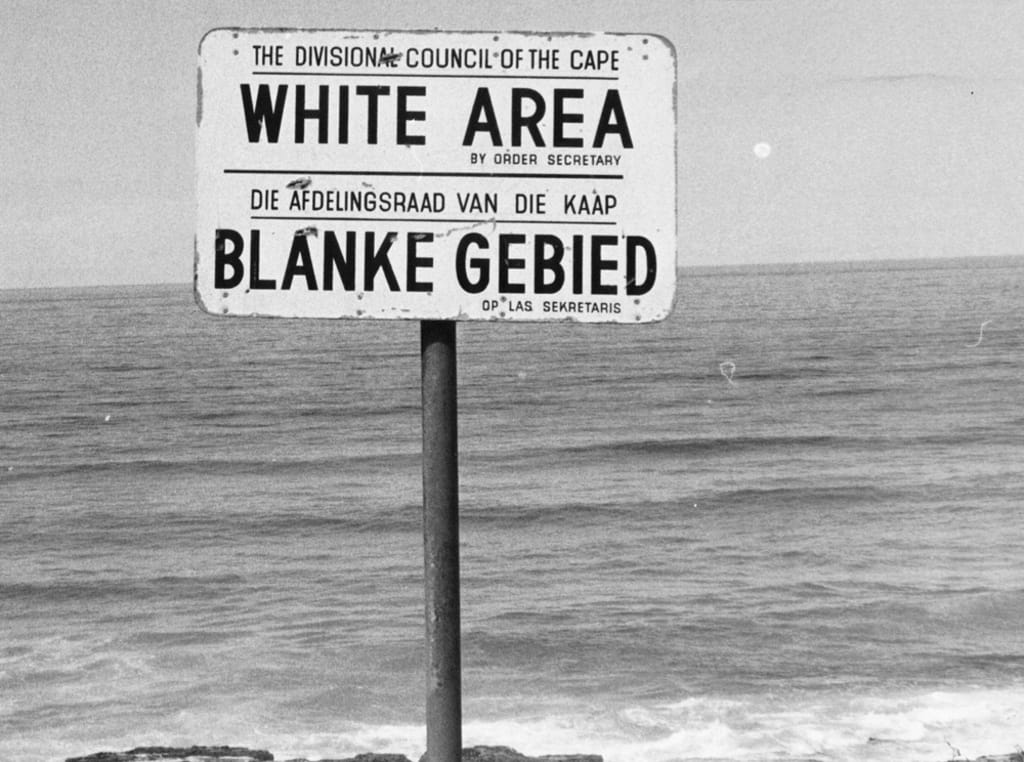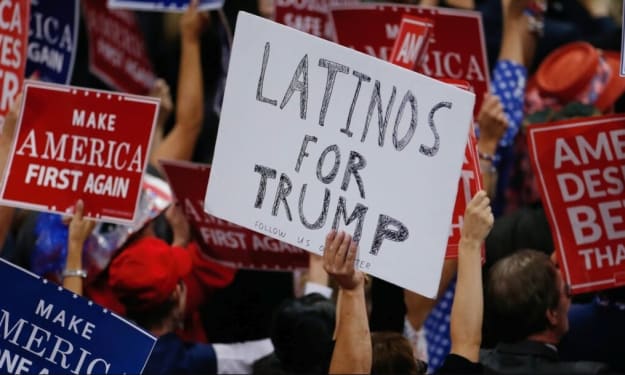How Apartheid Almost Didn’t Happen
The story of South Africa's neighboring state that changed the course of history

Someone once said that hindsight is a privilege. Nowhere is this more poignant than when looking into the past, and reflecting on the historical events that have shaped the world we live in today. From our present position we get to analyse and judge these events while at the same time theorizing on alternative worlds in the wake of even the slightest change in circumstances. The ‘what ifs’ abound with varying implications, but it can be safely said that in many instances, even the slightest change in events at any point in time, could have put us all on a different course to the one we currently navigate.
History is filled with a countless number of events that have had a ripple effect so powerful, their reverberations can still be felt to this day. An example being that of the Academy of Fine Arts in Vienna declining Hitler’s application. Twice. There are however other stories through history that don’t necessarily hold the severe implications that Hitler’s rejection did, but are no less important to a particular nation and the lives of those involved. One of these stories is that of the 1948 general elections in South Africa, and how the country could have been so different today had it not been for a significant decision made by the people of a neighboring colony some 26 years prior.
On 27 October 1922 a referendum was put to the people of Southern Rhodesia (now Zimbabwe) a British colony at the time. This referendum, agreed by the British Government, was to decide whether Rhodesia should be included in the Union of South Africa or be granted ‘responsible government’. Either way, Rhodesia had proved its loyalty over the years, especially through World War 1, and this was her reward – to be free of British colonial rule. The Rhodesian people wanted their ‘freedom’ – they felt they had paid their dues. It was a big deal and the then Prime Minister of South Africa, Jan Smuts, made the journey to Rhodesia to advocate the benefits of joining the Union as a fifth province. The people went to the polls. The result: a clear majority in favor of a responsible government and with that, went any hope of Rhodesia joining the Union of South Africa.
World War 2 came to an end, and following South Africa’s significant contribution against the Axis forces, they were set for their first post-war general election in 1948. The two main contending parties for this election were the United Party, headed by Jan Smuts, and the Afrikaner National Party, headed by Daniel Malan. The results were shocking and unexpected not only to the world, but even to the victorious Nationalists. It was a narrow win (a total of 3 seats) but it was profound, and would have enormous implications to African history.
It is here where the twist fate occurs though because, had the Rhodesians voted to join the Union of South Africa back in 1922, it can be said with enough certainty that they would have voted for Smuts’ United Party. This would have secured the 12 to 15 seats required, and the National Party would never have won that key election.
History was made. The National Party began its campaign of racial segregation, halted Smuts’ previous immigration plans for fear of adding to the United Party numbers and effectively began shutting out the rest of the world. Apartheid’s philosophy saw an active campaign to not allow the cultures and traditions of the various races to be preserved and nurtured, which naturally offended their very dignity, resulting in violent confrontations. Anger and fear spread across the country as did a deep racial divide. South Africa had become an enemy to the potentially new and united world envisaged in the wake of World War 2.
It is easy to judge from the bench of hindsight. The Rhodesian people wanted their independence and voted with their hearts, not their heads. If logic and foresight had guided their decision, they may have been swayed to join the South African Union. But simply put, how were they to know what they were doing and the implications it would have – both to their own country as well as that of South Africa.
Much has happened to the South Africa since then, but it is safe to say that this culturally diverse and interesting country, rich in natural resources and incredible beauty will take generations to even begin to overcome the wounds that the apartheid regime inflicted, and as such, really begin its long and arduous journey towards real and lasting change.






Comments
There are no comments for this story
Be the first to respond and start the conversation.